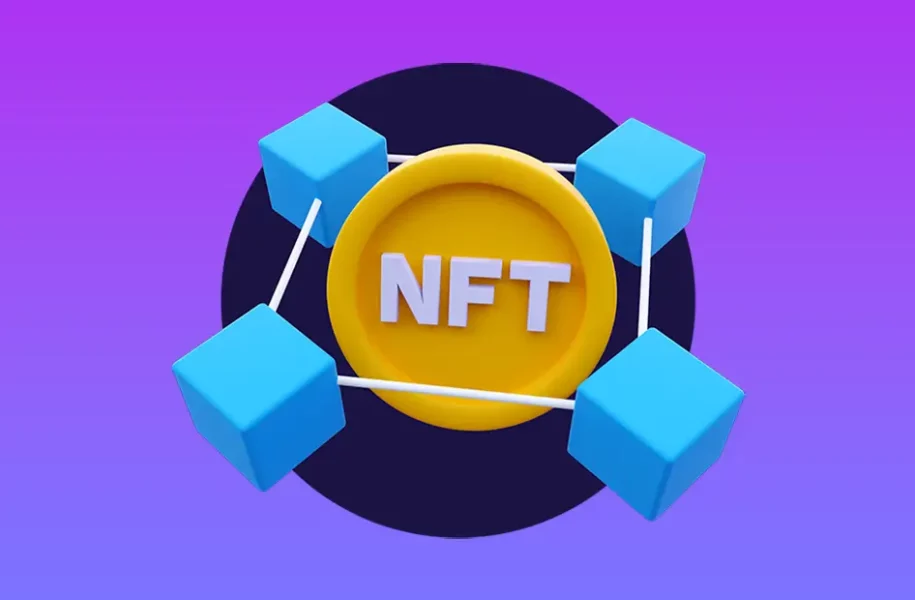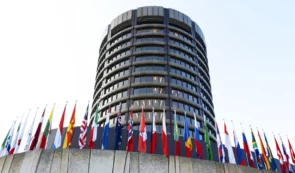BaFin Considers Case-by-Case Approach for NFT Classification

The Federal Financial Supervisory Authority of Germany (BaFin) published an explanatory note on the legal classification of NFTs.
The agency is not yet ready to classify NFTs as securities and suggests that they be evaluated on a case-by-case basis.
BaFin states that it does not currently see how NFTs meet the criteria to be considered securities, but it acknowledges that this may change in the future. For instance, if a significant number of NFTs embody the same repayment and interest claims, BaFin may consider them securities. Furthermore, suppose an NFT includes documentation of exploitation rights or ownership, such as a promise of distribution. In that case, it could be considered an investment.
BaFin recommends a case-by-case approach to classifying NFTs as a “crypto asset.” However, the agency believes that the chance that NFTs will represent a “crypto asset” is even smaller than the investment classification, given the lack of immediate exchangeability and standardization.
Despite the difficulties with classification, BaFin highlights that NFTs are free from licensing demands, except for fungibles that fall under the financial instrument category. This means that NFTs are not subject to BaFin’s Anti-Money Laundering (AML) supervision unless they are separately considered “crypto assets.” If an NFT is classified as a “crypto asset,” it must comply with AML supervision.
READ MORE: India Subjects Crypto Transactions to Anti-Money Laundering Standards
Interestingly, a recent survey by the metaverse platform Metajuice found that almost three out of four NFT collectors on its platform purchase NFTs for status, uniqueness, and aesthetics. Only 13% of survey participants said they buy NFTs to resell them in the future. This data shows that the demand for NFTs is primarily driven by cultural and artistic value rather than financial gain.
Overall, BaFin’s approach to classifying NFTs reflects the complexity of this emerging asset class. As the NFT market evolves and matures, regulators will continue grappling with defining and regulating these unique and increasingly popular digital assets.
What does the Federal Financial Supervisory Authority of Germany (BaFin) do?
The Federal Financial Supervisory Authority of Germany, commonly known as BaFin, is a financial regulatory agency that oversees and supervises financial institutions, markets, and products in Germany. Its primary responsibility is to ensure the stability, integrity, and efficiency of the German financial system, as well as to protect consumers and investors from fraudulent or unfair practices.
The regulator’s scope of authority includes banks, insurance companies, investment firms, capital markets, payment systems, and financial products such as securities, derivatives, and cryptocurrencies. BaFin has the power to issue licenses, conduct inspections and investigations, impose sanctions and fines, and collaborate with other national and international regulatory bodies. Additionally, BaFin plays a crucial role in shaping financial regulations and policies at the national and European Union levels.














